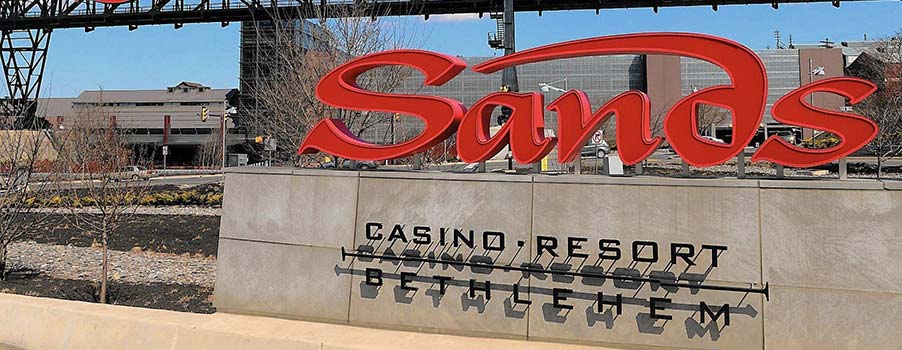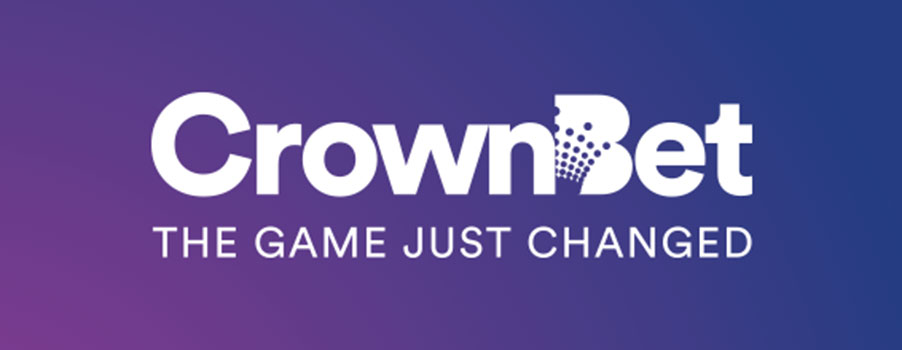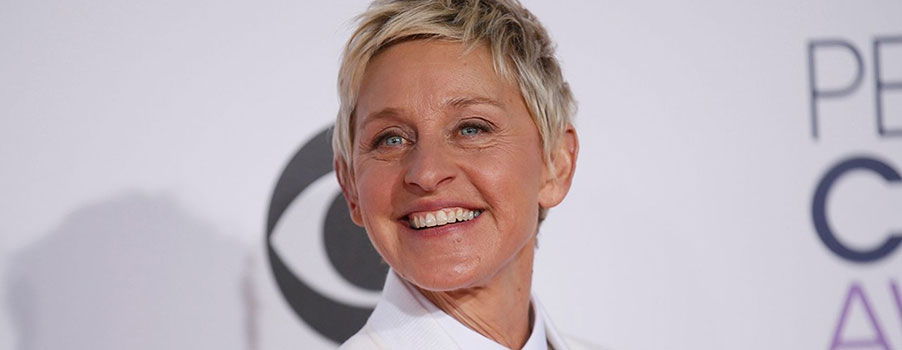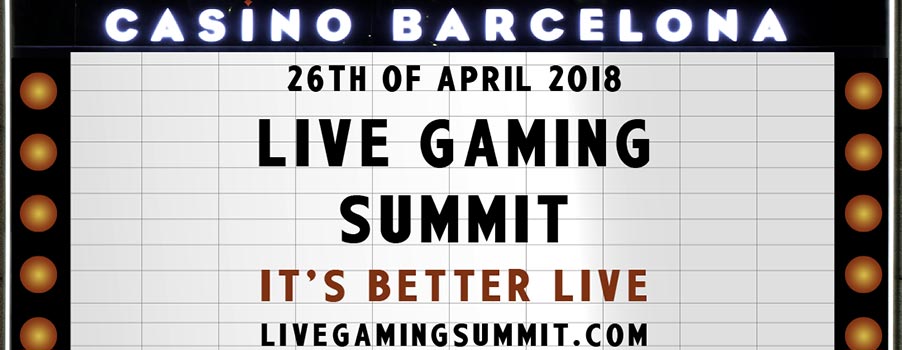Marvel Comics’ assistant editor Heather Antos is leaving the comic book publisher to become the Editor-in-Chief of Esports betting platform Unikrn – the position was previously held by Ryan Jurado, who has now been reassigned to be the betting platform’s Head of Global Content.
Antos, who previously worked as a comic’s editor on Unlawful Good: An Anthology of Crime, produce on a number web series such as Lagged Out and a journalist for sites like Geek Legacy, has been an Assistant Editor at Marvel Comics since 2015. Her work as an editor at Marvel Comics, principally for the Stars Wars and Deadpool franchises saw to the tremendous growth of both lines of comic books which has earned them very strong critical and commercial success over the past couple of years. Also, this made the star editor herself a public face for Marvel Comics both on social platforms as well as every popular comic convention we can think of.
In 2017, Heather Antos also became the focus of online harassment that led to the #MarvelMilkShakes solidarity hashtag from across the comic book industry. Apparently, Antos will be leaving Marvel Comics simply because she has been presented the opportunity of a lifetime at Unikrn, and not because of any issues that may have come up between her and her former employer.
“Plot twist! In today’s chapter of the Heather Antos Chronicles, I’m making a leap from Marvel comics to video games & Esports as editor-in-chief of Unikrn,” Antos tweeted. “It’s been a long-time goal of mine to branch out into the video game & competitive Esports world. To do so under the guidance & leadership of Rahul Sood and Ryan Jurado is something I never would’ve thought possible. I absolutely cannot wait to dig my heels in & get running!”
Antos will be tasked with managing and overseeing all the editorial content, tournament coverage, podcasts as well as video content.
A Little Insight into Unikrn
The Las Vegas, Nevada-based Unikrn is considered to be the world’s best Esports betting platform – its success can be attested by the many offices they have across some of the world’s most popular cities such as Berlin, Germany and Sydney, Australia.
The Esports betting platform primarily offers real money wagering as well as token-based betting on nearly all the available competitive video gaming tournaments from across the world. Unikrn essentially creates betting markets on Esports in a manner that can be likened to the way traditional sports betting is operated. The platform’s users are allowed to bet legally free from any part of the world using Unikrn’s own cryptocurrency that is referred to as Unikoin. Players from the United Kingdom and a few other areas are even allowed to place bets using real money but this number is likely to grow in the near future.










